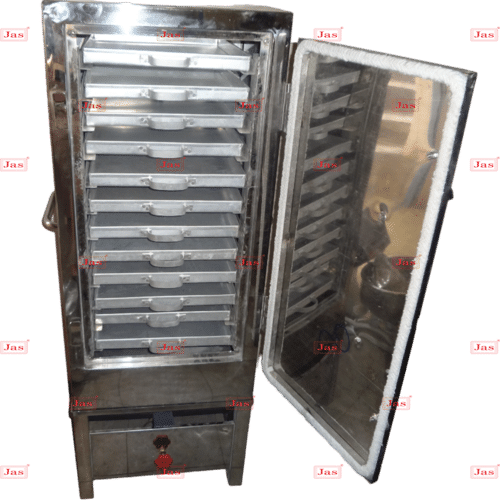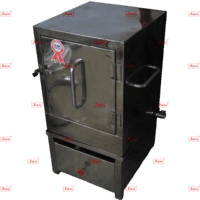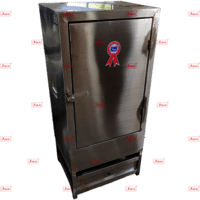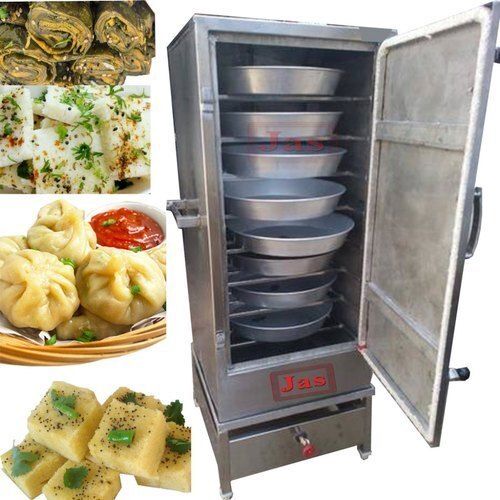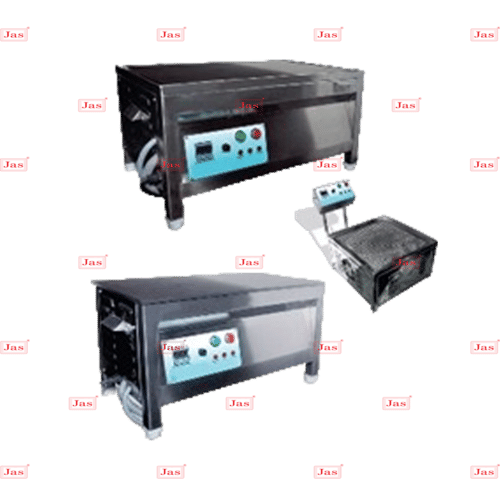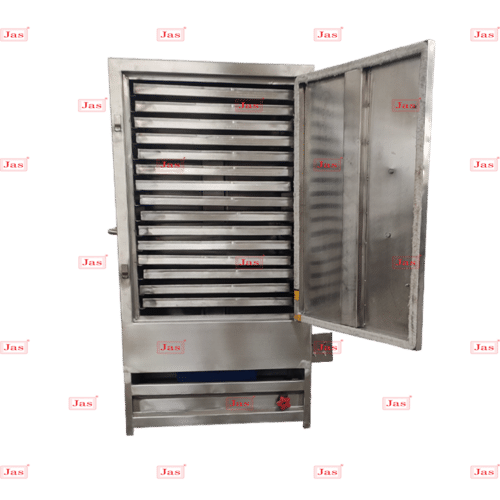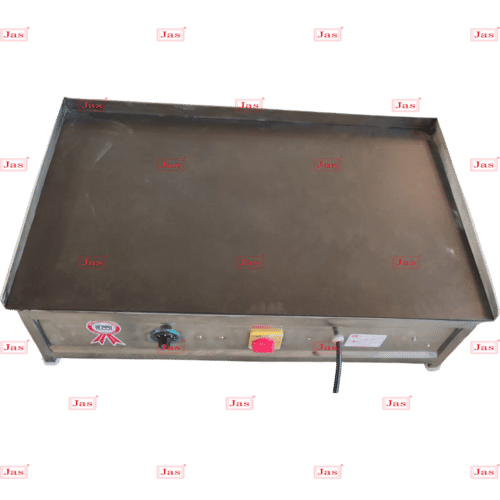Industrial Automatic Idli Making Machine
Product Details:
- Automatic Yes
- Voltage 230/440 Volt (v)
- Feature ECO Friendly Low Noice Lower Energy Consumption Compact Structure High Efficiency
- Click to View more
Industrial Automatic Idli Making Machine Price And Quantity
- 9000 INR/Unit
- 9000.00 - 90000.00 INR/Unit
- 1 Unit
Industrial Automatic Idli Making Machine Product Specifications
- Yes
- 230/440 Volt (v)
- ECO Friendly Low Noice Lower Energy Consumption Compact Structure High Efficiency
Industrial Automatic Idli Making Machine Trade Information
- Cash Against Delivery (CAD) Cash Advance (CA) Cash in Advance (CID) Cheque Western Union
- Asia Australia Central America North America South America Eastern Europe Western Europe Middle East Africa
- All India South India Central India West India North India East India Gujarat Karnataka Kerala Lakshadweep Mizoram Meghalaya Manipur Andhra Pradesh Bihar Chandigarh Daman and Diu Goa Jharkhand Odisha Punjab Assam Delhi Dadra and Nagar Haveli Andaman and Nicobar Islands Arunachal Pradesh Chhattisgarh Haryana Himachal Pradesh Jammu and Kashmir Madhya Pradesh Maharashtra Nagaland Rajasthan Sikkim Tamil Nadu Telangana Tripura Pondicherry Uttar Pradesh Uttarakhand West Bengal
- ISO
Product Description
-
Automated Mixing and Fermentation: These machines often include systems for mixing the idli batter (a fermented blend of rice and urad dal) and managing the fermentation process. Some models also feature automatic ingredient dispensers.
-
Steam Cooking: The batter is poured into idli molds that are placed in a steam chamber. The machine controls the steaming process to ensure even cooking and proper texture.
-
Capacity and Efficiency: Industrial models come in various sizes, from small machines producing a few hundred idlis per hour to large-scale units that can make thousands. They are designed to handle large volumes efficiently.
-
Temperature and Time Control: Advanced machines have precise controls for temperature and steaming time, ensuring consistent quality and texture of the idlis.
-
Ease of Operation: Most machines are user-friendly, featuring digital controls and interfaces for setting parameters and monitoring the cooking process.
-
Cleaning and Maintenance: They are designed with hygiene in mind, with easy-to-clean parts and surfaces. Some models include self-cleaning functions.
-
Durability and Build: These machines are typically constructed from stainless steel and other durable materials to withstand continuous use in commercial settings.
Benefits:
- Consistency: Automatic machines provide uniform quality and texture in every batch.
- Efficiency: They reduce manual labor and speed up production, making them cost-effective in the long run.
- Hygiene: Automated systems often have better hygiene controls compared to manual methods.
- Scalability: Ideal for businesses looking to scale up production without compromising on quality.

Price:
- 50
- 100
- 200
- 250
- 500
- 1000+

